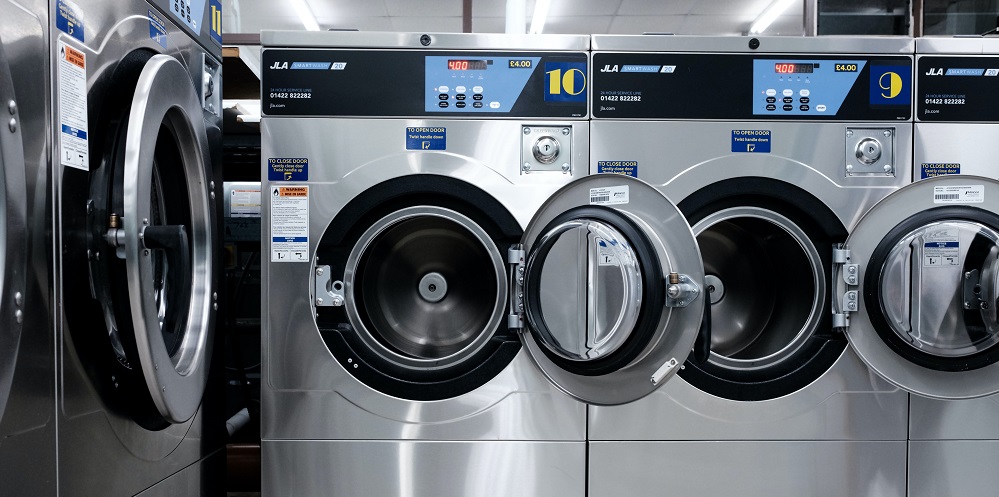Are Extended Warranties on Electronics Really Worth It?

It seems like everything we buy these days offers the option of an extended warranty. Whether you're buying a simple toaster or a complete home theater system, the salesperson or online shopping cart provides an upgrade for extra protection, at a price of course. When does it make sense to sign on the dotted line? Get the facts about extended warranties beyond the fine print.
Just Say No
According to Stanford University data cited by Consumer Reports, most consumers who buy electronics warranties tend to overestimate the chances these products will stop working. Major appliances, such as refrigerators, washing machines and televisions, usually last beyond the warranty expiration date without needing serious repair.
If these items do need repair, the expense probably won't break the bank. According to Consumer Reports, the average refrigerator repair cost $162 in 2019, less than $50 more than the average cost of an extended warranty. You might even have to pay shipping costs or a deductible if you do seek repairs through an extended warranty program.
Many extended warranty sales come with a commission, but don't be swayed by the high pressure approached at the register. An extended warranty doesn't pay for most types of electronics and major appliances.

Understanding the Downsides
Many extended warranties remain valid only if you follow arduous maintenance routines. You'll often find nonsensical exclusions, such as a lack of coverage for accidental damage. You might even have to go to a specific repair shop to use your warranty when you need it, which may or may not be anywhere near your neighborhood.
Read the manufacturer's warranty carefully before buying any type of tech. Often, so-called extended warranties just mirror coverage already offered by the manufacturer. Pay attention to the terms of the warranty, including the type of coverage offered, the length of the warranty, and whether you will receive a repair, refund or new device.
If you have a credit card, you might have additional purchase protection through the bank or issuer. Read the fine print to find out whether you can access a longer warranty on purchases you make through your credit card provider.
[insert page='Offer' display='content']
Exceptions to the Rule
Despite our general recommendation against extended warranties, you may want to consider this type of protection for your smartphone. This delicate device travels with you everywhere, so coverage that repairs or replaces your phone in the event of loss, theft, damage or breakage is often a good financial investment. For best results when it comes to smartphone warranties, go with a comprehensive repair plan directly from the manufacturer.
The extra warranty protection may also be worthwhile for some high-end appliances. If you have a chef's kitchen with a refrigerator and freezer worth several thousand dollars, for example, the warranty fee can offset the price of expensive replacement parts.
Most of us have spent money on an unnecessary warranty at least a few times. Make the most of the extended coverage you do have by reviewing and following the terms carefully. For example, if you bought an extended warranty on your dryer but it requires quarterly vent service, put that date on your calendar (or decide it's not worth the hassle and cut your losses).
If a product does break before the manufacturer warranty ends, do you have recourse if you skip the extended coverage? It can't hurt to call the company and ask for help. Some businesses will help you repair or replace your device for free or a fee. Buying smart can also help you avoid losing money to product damage and unnecessary warranties. Research major purchases carefully to ensure you select a durable item from a brand with a reputation for quality.

